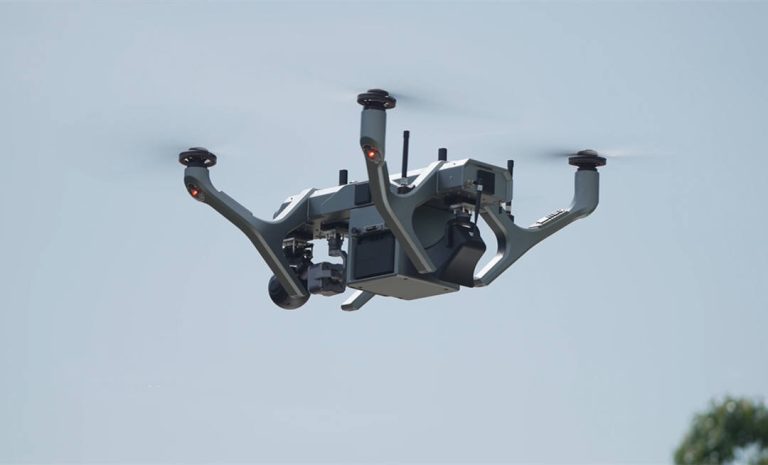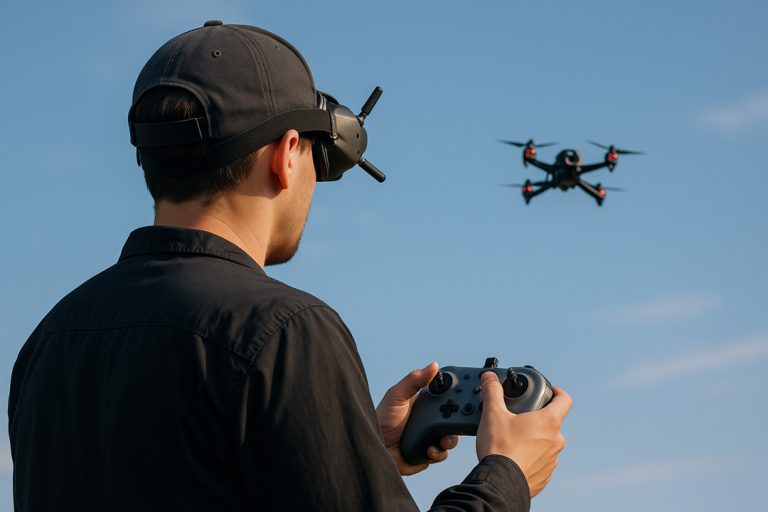Everything You Need to Know About Event Security
Event security has become a paramount concern in today's world. With tragic incidents like the Las Vegas shooting and the Manchester Arena bombing, the potential for violence and threats at events has skyrocketed.
Even smaller-scale events, such as weddings and gatherings, are not immune to security risks. Beyond physical harm, issues like theft, fraud, and unruly behavior can also disrupt event experiences.
Event security is no longer just about having guards at the venue—it's a complex process requiring meticulous planning, coordination, and communication.
In this article, we'll explore everything about event security, including its importance, essential safety measures, types of security, hiring tips, and costs. Ensure your event is secure with expert insights.
What is Event Security?
Event security is the process of ensuring the safety of attendees, staff, and property at any event. Typically provided by private security companies, often working alongside local or national authorities, it’s about more than just placing guards around a venue. Event security involves a strategic approach to managing risks, including crowd control, emergency response planning, and protecting against potential threats.
From preventing unauthorized access and managing unruly behavior to responding to emergencies, event security teams are trained to handle a wide range of situations. The goal is simple: to create a secure environment where the event can proceed smoothly, allowing everyone involved to focus on the experience without worrying about their safety.
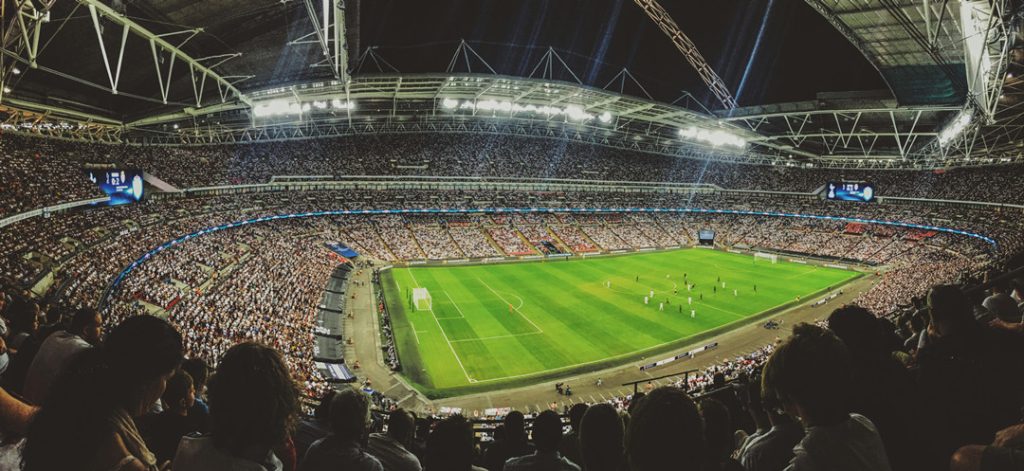
9 Essential Measures for Safe Events
Event security is a multifaceted endeavor that extends far beyond the traditional measures of security guards and CCTV cameras. To ensure a safe and enjoyable experience for all attendees, it's essential to adopt a holistic approach that addresses potential threats from various angles.
Venue Security
A secure venue is the cornerstone of a safe event. Conduct a thorough evaluation of the venue's vulnerabilities, considering factors such as physical layout, access points, and potential blind spots.
Implement robust perimeter control measures, including security personnel, metal detectors, and access control systems at entry and exit points. Ensure clear evacuation routes are available throughout the venue and that emergency exits are well-marked and accessible.
Utilize surveillance cameras strategically to monitor the venue and identify potential threats. Consider installing cameras at key locations such as entrances, exits, common areas, and VIP areas. Maintain open communication channels with attendees and encourage them to report any suspicious activities.
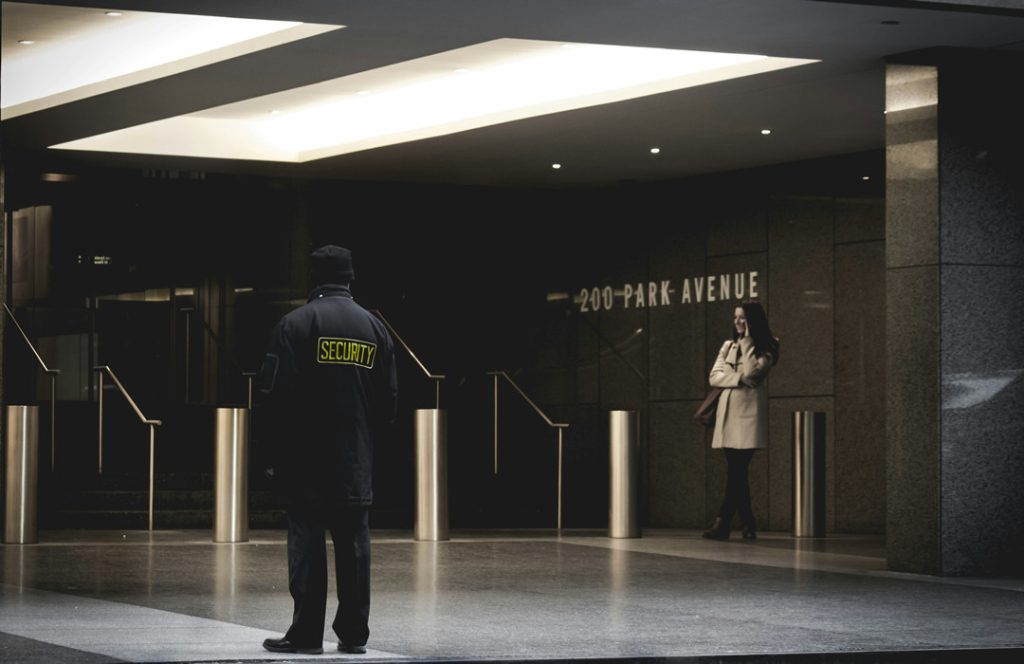
Team Training
Educating your team is crucial for a secure event. Provide comprehensive training on security protocols, threat identification, and response procedures. Tailor training to the specific roles and responsibilities of different team members. For example, security personnel may require specialized training in crowd control, conflict resolution, and emergency response.
Conduct periodic training sessions to keep your team informed about emerging threats and best practices. Role-playing exercises can be particularly effective in simulating real-world scenarios and helping staff develop the skills necessary to respond effectively.
Background Checks and Verification
Trustworthy and reliable security personnel are essential for maintaining event safety. Conduct comprehensive background checks on all security staff to verify their history and integrity. Review references and consider personality assessments to gauge their suitability for security roles.
Even long-term employees should be periodically re-screened to ensure they remain trustworthy. This level of diligence helps mitigate the risk of insider threats and ensures that your security team is equipped to handle their responsibilities effectively.
Cybersecurity
In today's digital age, cybersecurity is just as important as physical security. Protect your event's data and systems from cyber threats by implementing robust measures.
Use secure wireless networks and avoid public Wi-Fi hotspots, especially for sensitive data. Ensure all devices and software are up-to-date with the latest security patches. Implement strong password policies and use password managers to store complex passwords securely.
Educate your team about cybersecurity best practices, including how to recognize phishing attempts, avoid malicious links, and report suspicious activity.
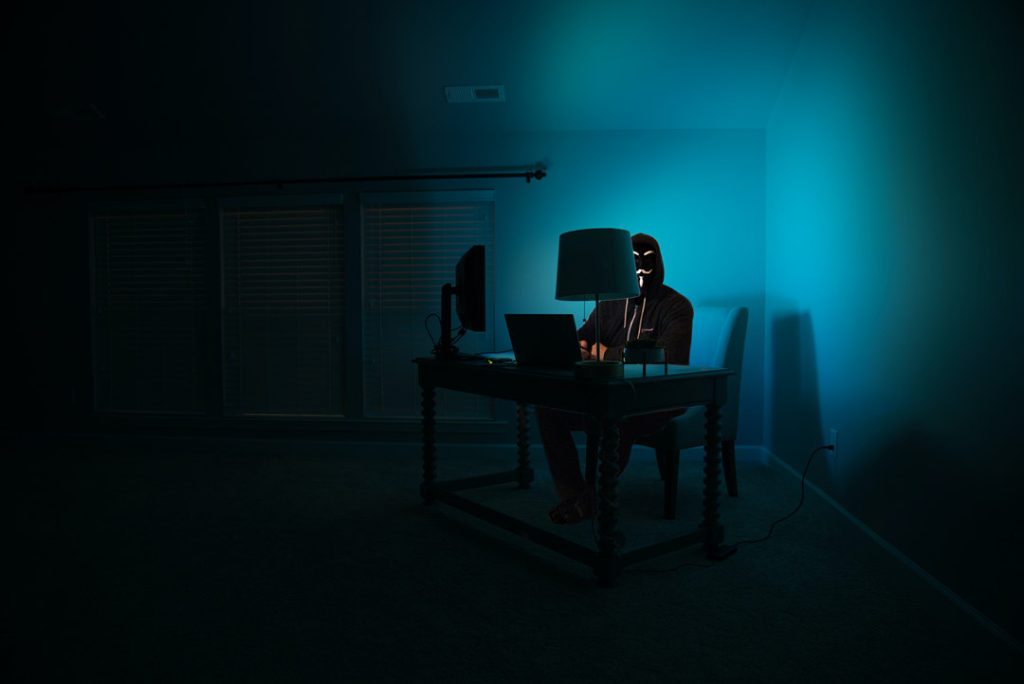
Crowd Management
Effective crowd management is essential for preventing overcrowding and ensuring the safety of attendees. Develop a crowd management plan that outlines procedures for controlling crowds, directing traffic, and managing emergency situations.
Deploy sufficient staff and security personnel to manage crowds and maintain order. Use clear signage and barriers to guide attendees and direct crowd flow. Consider implementing crowd control technologies, such as people counters or crowd analytics, to monitor crowd density and identify potential congestion points.
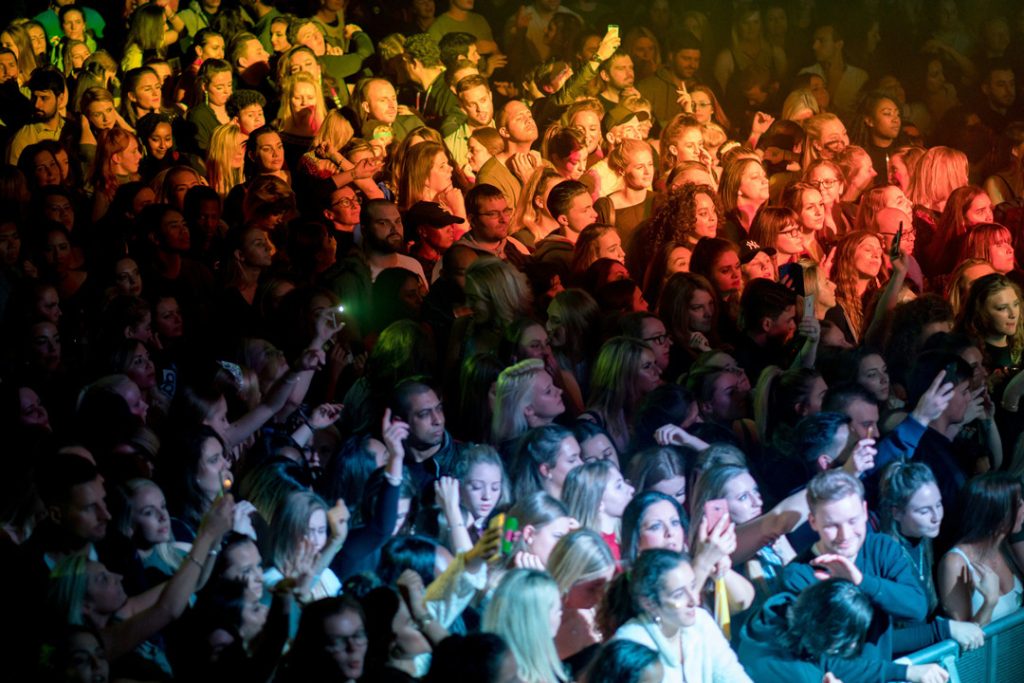
Medical Preparedness
Have qualified medical personnel on-site to respond to injuries or medical emergencies. Ensure adequate medical supplies and equipment are readily available. Develop and practice emergency procedures for various medical scenarios, such as active shooter situations, natural disasters, and medical emergencies.
Emergency Preparedness Plan
Identify potential threats and develop a comprehensive emergency response plan. Outline procedures for various scenarios, such as active shooter situations, natural disasters, and medical emergencies.
Establish clear communication channels to keep all stakeholders informed during emergencies. Designate a crisis communication team to coordinate response efforts and disseminate information.
Conduct regular drills and training to ensure staff are prepared to execute the emergency response plan. Practice evacuation procedures, lockdown procedures, and other relevant protocols.
Attendee Awareness
Make your security measures visible to deter threats and reassure attendees. Post clear signage about security procedures and emergency contact information.
Provide clear communication channels for attendees to report concerns or suspicious activities. Designate a central point for reporting incidents or seeking assistance.
Clearly communicate prohibited items and enforce restrictions. Conduct security checks at entry points to screen attendees for weapons or prohibited items.
How to Enhance Crowd Monitoring Using Drones?
Traditional crowd monitoring methods like ground patrols and fixed cameras often struggle at large events due to limited visibility, blind spots, and delayed response times. Ground patrols may miss real-time incidents in dense crowds, while stationary cameras can’t cover expansive areas or track movement effectively, leading to security gaps.
Public safety drones revolutionize crowd monitoring by providing an aerial perspective that eliminates blind spots and improves monitoring efficiency. They offer real-time visuals from hard-to-reach or crowded areas, enabling better crowd control and quicker identification of potential risks.
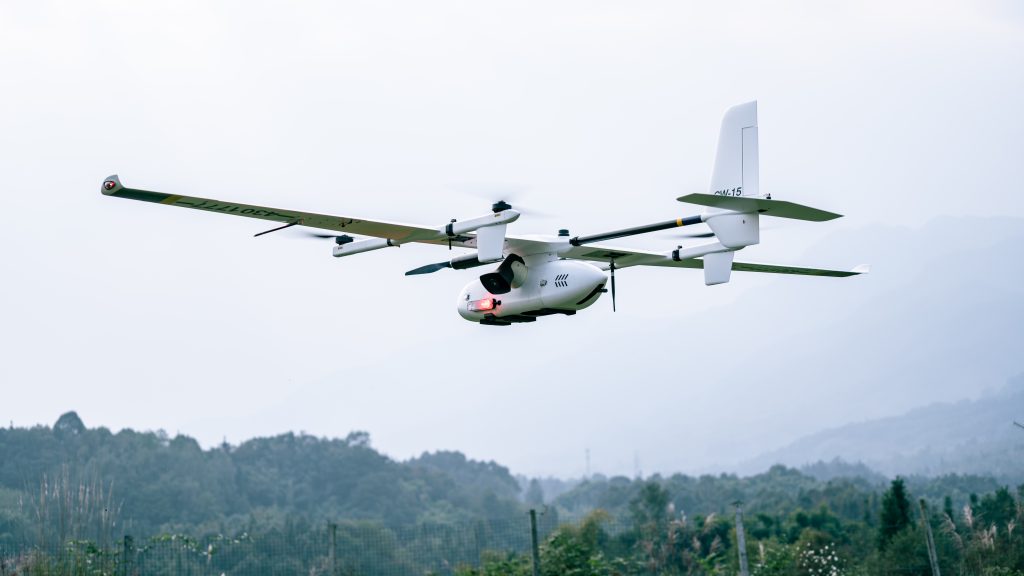
A powerful option for event security is the CW-15D VTOL drone. With advanced features, it’s tailored for crowd monitoring and large-scale security:
- With a flight duration of up to 180 minutes and a 50km operational radius, the CW-15D can continuously monitor expansive areas without interruption.
- Equipped with the MG-120E dual optical gimbal camera (30x zoom, 1080P, and thermal imaging), it provides clear visuals day or night. AI recognition enhances real-time tracking of suspicious individuals or objects.
- With a 3kg payload, the CW-15D can carry additional tools like a megaphone and spotlight, alongside the gimbal camera, for enhanced crowd management capabilities.
- Robust performance in harsh conditions: Capable of operating in temperatures from -20 to 50°C and resisting wind speeds of 10.8-13.8 m/s, the CW-15D maintains stability even in challenging weather conditions.
- Enhanced safety features: The drone is equipped with automatic obstacle avoidance and the ability to detect other drones, ensuring safe and secure operation over large crowds, rooftops, and potential hazard areas.
- The CW-15D's standout feature is its integration with Jocloud. This platform allows real-time drone video streaming to the command center, where multiple feeds can be viewed simultaneously.
Using AI, Jocloud can detect threats like suspicious activity or smoke and immediately alert security. Its cloud-based design enables seamless collaboration with emergency services like firefighters and police for coordinated responses.
The video below showcases real-time footage captured by the CW-15D drone during a Marathon. The footage highlights the drone's impressive 30x zoom capability, providing a clear and detailed view of the crowd:
Types of Event Security
Here are some common types of event security:
Security for Parties and Celebrations
When planning a significant celebration, such as a milestone birthday, anniversary, or christening, the focus is often on creating a joyful and memorable experience. However, the larger the guest list and the more elaborate the setup—complete with performers, staging, or special effects—the greater the need for comprehensive security measures.
Even in gatherings of close friends and family, the presence of alcohol can significantly increase the risk of incidents such as theft, property damage, and confrontations. Research from the Institute of Alcohol Studies underscores the heightened risk, with alcohol being a common factor in a large percentage of incidents occurring during weekend evenings.
To mitigate these risks, hiring professional security personnel trained in essential skills like first aid, evacuation planning, and conflict management is crucial. Their presence not only deters potential troublemakers but also ensures that any issues are swiftly addressed, allowing guests to focus on enjoying the celebration without worry.

Event Security for the Hospitality Sector
The hospitality sector, encompassing venues such as restaurants, bars, hotels, and cafes, plays a significant role in the economy, contributing billions annually. Events in this sector are frequent and varied, ranging from intimate dinners to large-scale corporate gatherings. Each type of event presents unique security challenges, particularly in busy urban centers where crime rates tend to be higher.
Security for hospitality events must be highly customizable to address the specific needs of the venue and the type of event being hosted. This often involves deploying security officers at entry points to manage the flow of guests, ensuring that only authorized individuals gain access. Additionally, security personnel are tasked with monitoring the premises to prevent theft, vandalism, and violent incidents, all of which are common concerns in the hospitality industry.
By investing in a tailored security package, hospitality businesses can maintain control over their events, providing a safe environment for both guests and staff, while protecting the property from damage or theft.
Festival and Concert Security
Festivals and concerts are among the most challenging events to secure due to the large crowds, high energy, and the potential for unruly behavior. Despite the numerous benefits these events bring to local economies and communities, they are often associated with incidents such as violence, property damage, and public disorder, as seen in cases like the 2022 Reading Festival.
Effective festival and concert security requires a multi-layered approach. This includes managing entry points to prevent unauthorized access, deploying mobile patrols to monitor large areas like campgrounds, and ensuring that all security measures are adaptable to the specific nature of the event, whether it's a rock concert or a classical music festival.
The presence of a well-coordinated security team not only helps prevent incidents but also ensures that festival-goers can enjoy the event with peace of mind, knowing that their safety is a top priority.
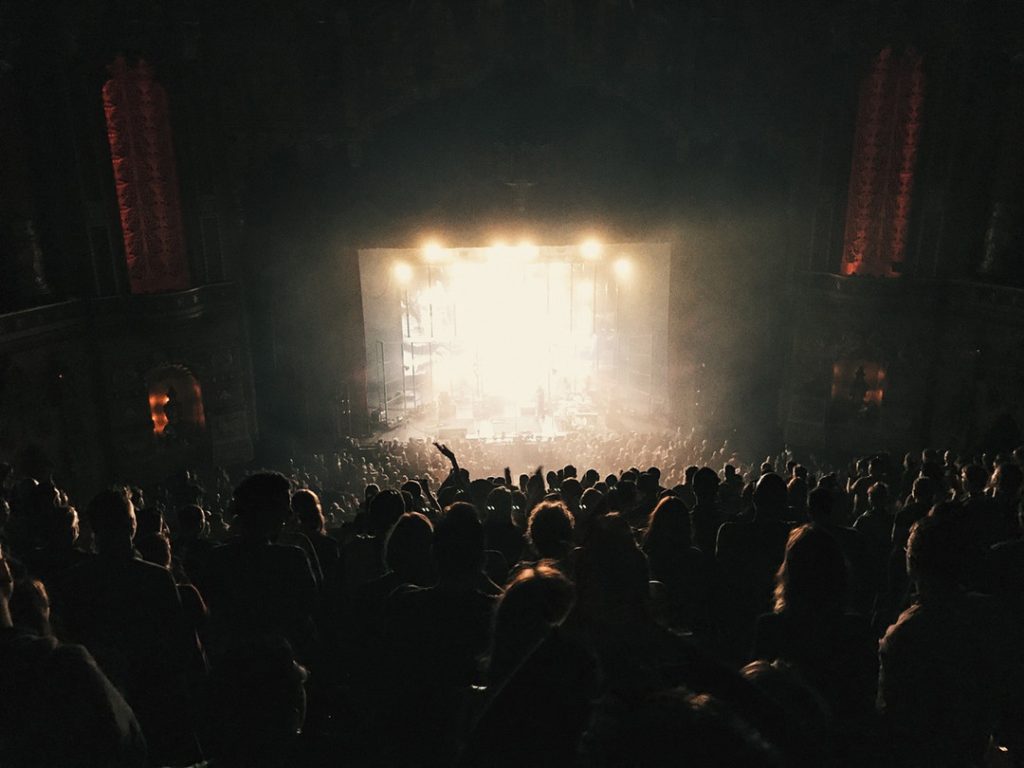
Sports Event Security
Sporting events, particularly those with large crowds like football matches or marathons, require highly specialized security measures due to the potential for public order offenses and violent behavior. With millions of spectators attending events each year, the risk of incidents such as hooliganism, crowd crushes, and even terrorism is significant.
Security personnel at sports events need to be trained in specific skills such as crowd control, access point security, and counter-terrorism awareness. Additionally, their role often extends to managing parking facilities and ensuring the safe entry and exit of thousands of spectators. The comprehensive security coverage provided at sports events helps prevent disruptive behavior and ensures a safe and enjoyable experience for all attendees.
Security for Charity and Corporate Events
Charity and corporate events might not initially seem like high-risk occasions, but they still require a professional security presence due to the potential for theft, vandalism, and even violence, especially when alcohol is involved. High-value items such as auction prizes or expensive equipment are often present, making these events attractive targets for criminals.
Given the often formal and sensitive nature of charity and corporate events, security personnel must not only be effective but also discreet. They are typically dressed in formal attire to blend in with the event’s ambiance, providing a reassuring presence while maintaining the event’s atmosphere. Their responsibilities include greeting guests, managing entry points, and responding quickly to any incidents, ensuring that the event runs smoothly and securely.
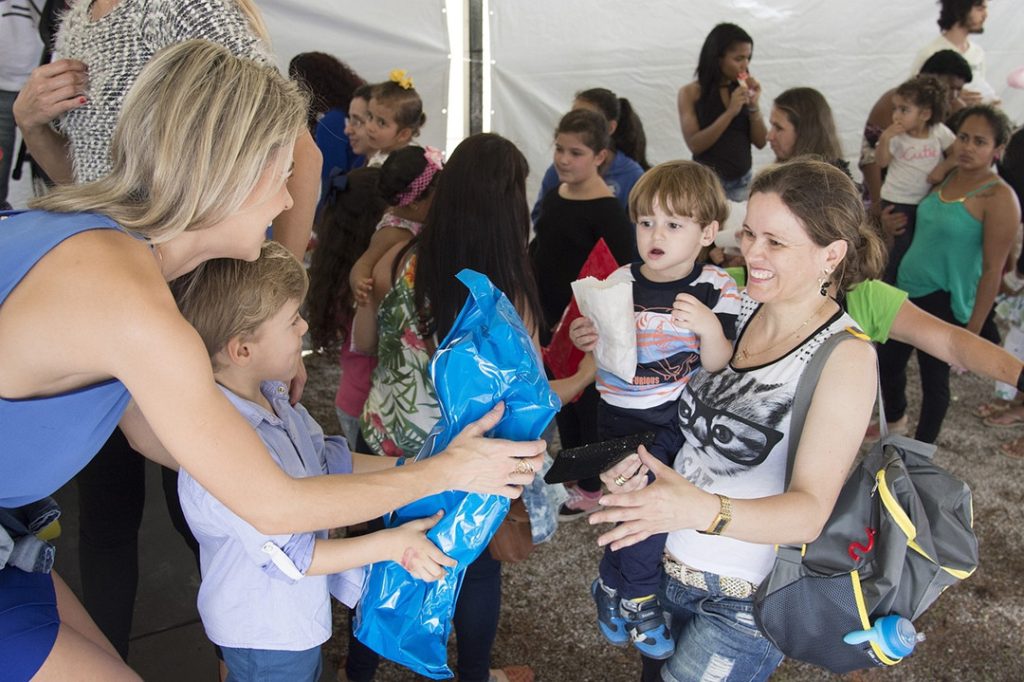
Wedding Day Security
Weddings are deeply personal and significant events, requiring meticulous planning and attention to detail. However, despite the best-laid plans, weddings can be vulnerable to various security issues, from uninvited guests to theft and even drunken brawls. These risks are heightened when alcohol is freely available, making the presence of professional security even more important.
Wedding security is about more than just preventing trouble; it’s about ensuring that the couple and their guests can enjoy the day without any concerns. Security personnel are often dressed in formal attire to match the wedding's tone, and their duties include managing guest lists, monitoring for any signs of trouble, and ensuring that valuable gifts and personal items are kept safe. With experienced security professionals on hand, couples can rest assured that their special day will be protected from any disruptions.

How Many Security Guards for an Event?
Determining the appropriate number of security guards for an event involves careful consideration of various factors, as there is no universal formula. The size and nature of the event, its location, the expected number of attendees, and whether alcohol will be served are all critical elements that influence the required security presence.
For instance, a large-scale event like a concert or sports match, where the crowd is expected to be energetic or potentially disruptive, typically demands a higher number of security personnel.
Similarly, events such as political rallies or conferences that might attract protests or other forms of unrest also require increased security. Conversely, smaller, more controlled environments like business conferences or trade shows might require fewer guards.
A general guideline is to have one security guard for every 10-15 square meters of event space, although this can vary depending on the crowd size and the event's specific characteristics.
Additionally, it is recommended to have one security guard for every 100 attendees. However, this ratio should be adjusted based on a thorough threat assessment.
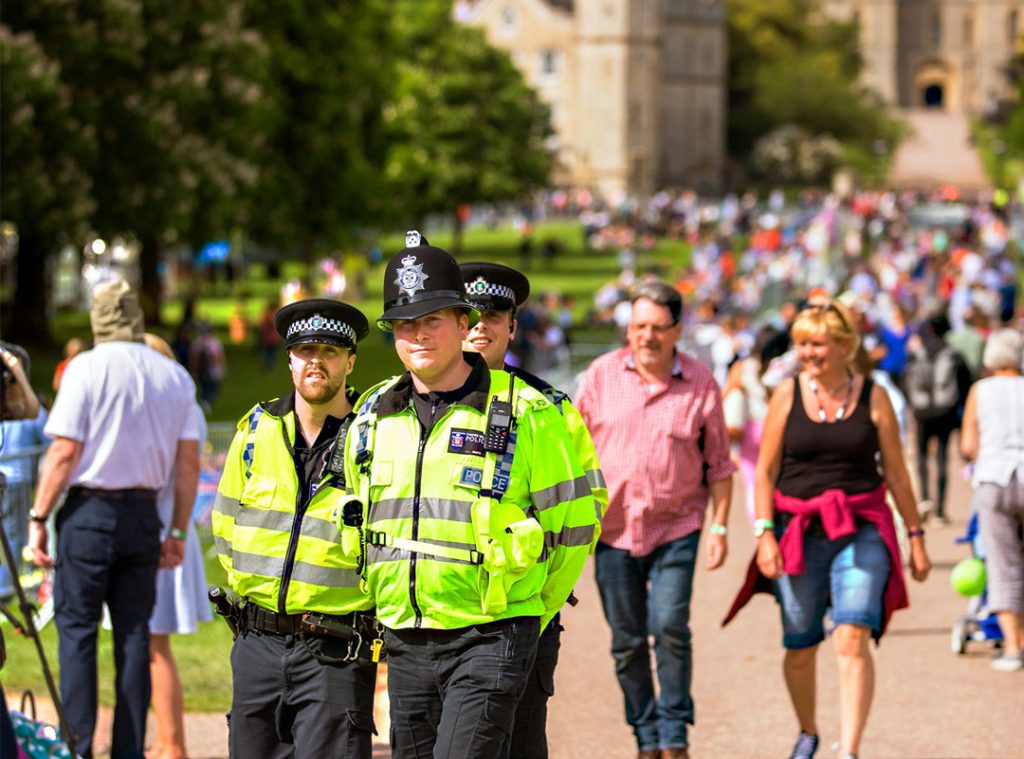
If alcohol is being served at the event, the number of security guards should typically be increased to manage the higher risk of disruptive behavior, intoxication-related incidents, and the need for sobriety and identification checks.
Establishing designated drinking areas and having a clear alcohol management policy can also help maintain safety. Security personnel should be trained to handle situations that may arise from alcohol consumption, such as aggressive behavior or medical emergencies.
How Much Does Security Cost for an Event?
The cost of hiring security for an event typically ranges from $20 to $40 per hour per guard. This rate varies depending on several factors, including the event's location, type, length, timing, and the number of guards needed. The level of training and certification of the security personnel also influences the cost.
Security Guard Rates by Type:
- Basic Unarmed Guard: $15–20 per hour. These guards are for roles like gate security and bar bouncers.
- Basic Armed Guard: $20–25 per hour. These guards carry firearms and are used for high-value assets or special events.
- Unarmed Guard with Advanced Training: $30–35 per hour. They handle tasks like crowd control and detaining suspects, suitable for concerts or events with large crowds.
- Armed Guard with Advanced Training: $35–40 per hour. These guards are trained for high-risk events, such as music festivals, and can carry weapons.
- Highly Experienced Security Officers: $60–100 per hour. Often off-duty police officers or ex-military personnel, these guards are used for VIP protection and high-risk events.
Cost Factors:
- Time of Day: Nighttime events usually cost more due to higher security risks.
- Event Type: Events like political rallies or large parties with alcohol may require more security, increasing costs.
- Event Size: Larger events needing multiple guards or a coordinated security team will increase costs.
- Vehicles: If security vehicles are needed, expect additional charges for fuel and overhead.
State regulations and requirements for licensing and insurance can also impact the overall cost.



